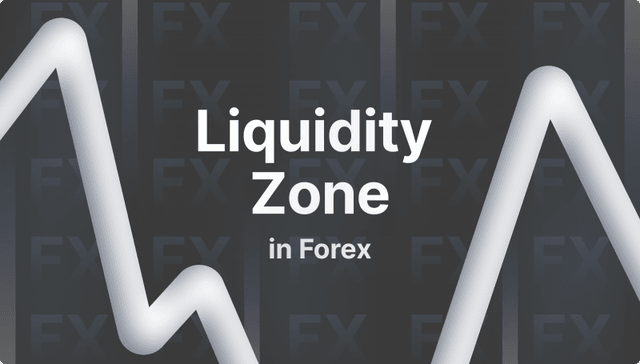What are DMA CFDs

What are DMA CFDs?
The term Direct Market Access (DMA) is used in the financial markets to describe electronic trading facilities that give investors looking to trade in financial instruments the means to interact with the order book of an exchange.
When it comes to trading CFDs, DMA refers to a kind of trading which gives traders straight access to the underlying market by relaying instructions directly to the exchange. This means there is no dealer intervention with transparency being of the essence. As a DMA provider allows the trader direct access to the markets, all the trades are hedged. This method of CFD dealing is known as DMA CFDs which has in recent times grown in popularity within the world of trading.
DMA CFDs offer traders many of the advantages of conventional trading but with the bonus of advantage of leverage i.e. margin trading. Without DMA a trader can only buy shares at the agreed offer price whereas DMA enables CFD traders to place an order for shares as and when they choose, including within the spread. In this way, DMA CFDs enable the trader to join the bid or offer queue and participate in the true market depth of the underlying stock.
DMA CFDs (Stocks)DMA CFD trading offers traders the benefit of being able to enter or exit trades at a more favourable price, giving them an advantage over traders using a market maker. When a DMA CFD trader places an order it is instantly shown on the exchange and thus has an effect on the share price on which the CFD is based. Hence, DMA CFD traders are referred to as “price makers” since they have the ability to directly influence the market.
It should be noted that DMA trading is only possible for stocks. Furthermore, it is ideally suited to highly capitalised traders who want to personally execute trades in the underlying market. Traders seeking to trade Forex, commodities or indices will require the services of a market maker CFD broker as these CFDs are usually offered across a wider choice of instruments.
Benefits of DMA CFD Trading
- Transparency.
Traders are able to see the market depth for each stock and the levels that other participants are prepared to trade.
- Become a price maker.
By sending all DMA orders into the live market traders can make an impact on the supply and demand of the instrument they are trading by exerting upward pressure when buying and downward pressure when selling.
- Better liquidity.
A DMA model allows the trader to access the same liquidity as the underlying market. They can also trade in the opening and closing stages where a considerable proportion of daily volume can be traded.
- Speed of Execution.
A DMA model makes for less intervention between the trader and the underlying market, hence there are no price re-quotes. Prioritising transparency and speed of execution ultimately benefits to traders.
Have a Question About Your Brokerage Setup?
Our team is here to guide you — whether you're starting out or expanding.
- Deal inside the market spread.
Traders can leave orders inside the current best bid and offer where available.
- Increased order functionality.
Traders can employ “Fill or Kill” and “Execute and Eliminate” instructions in parallel with limit and market orders.
To summarise, with the DMA model, traders get to benefit from real-time pricing, full market-depth and the opportunity to access the exchange order book. In addition, it provides the opportunity for leverage, competitive commissions and short-selling, making DMA CFDs a powerful trading tool.




